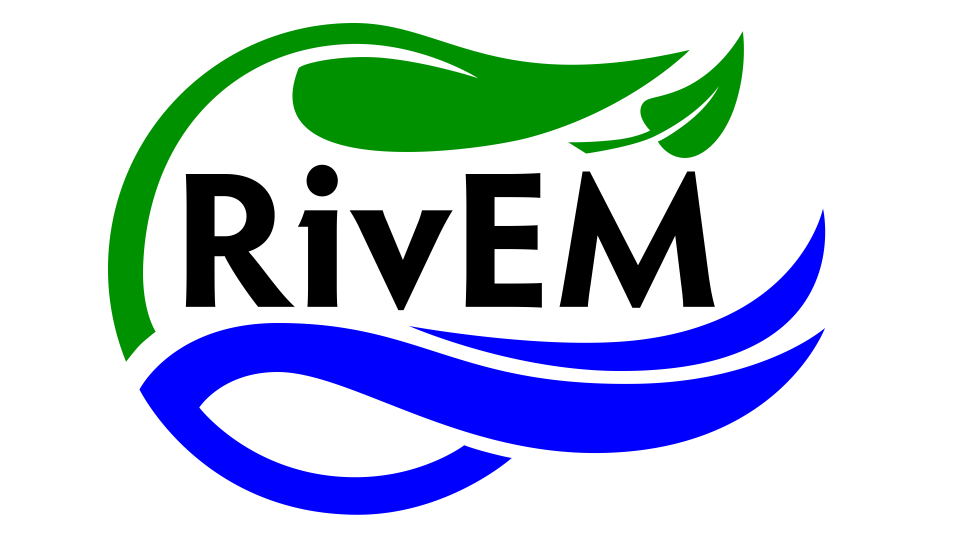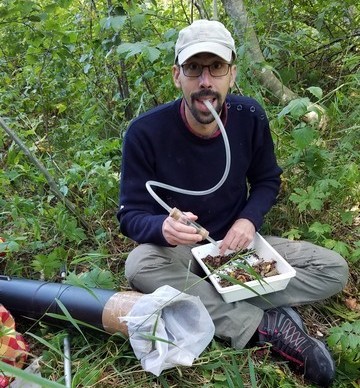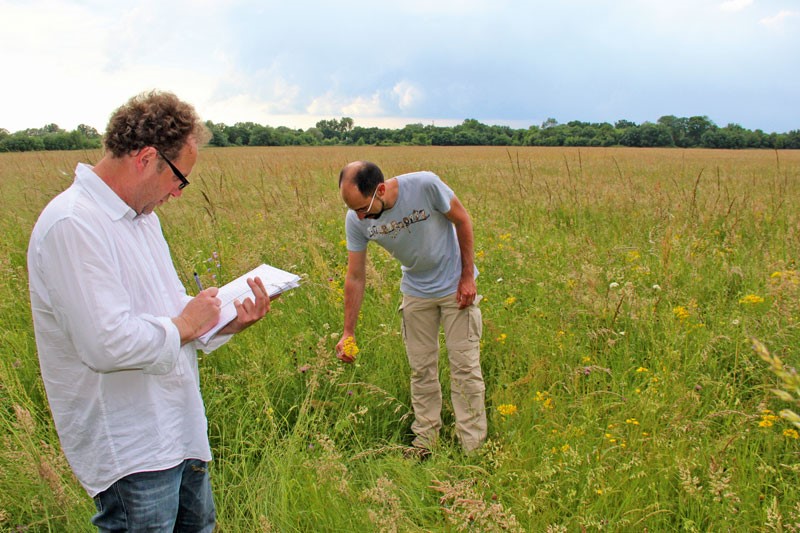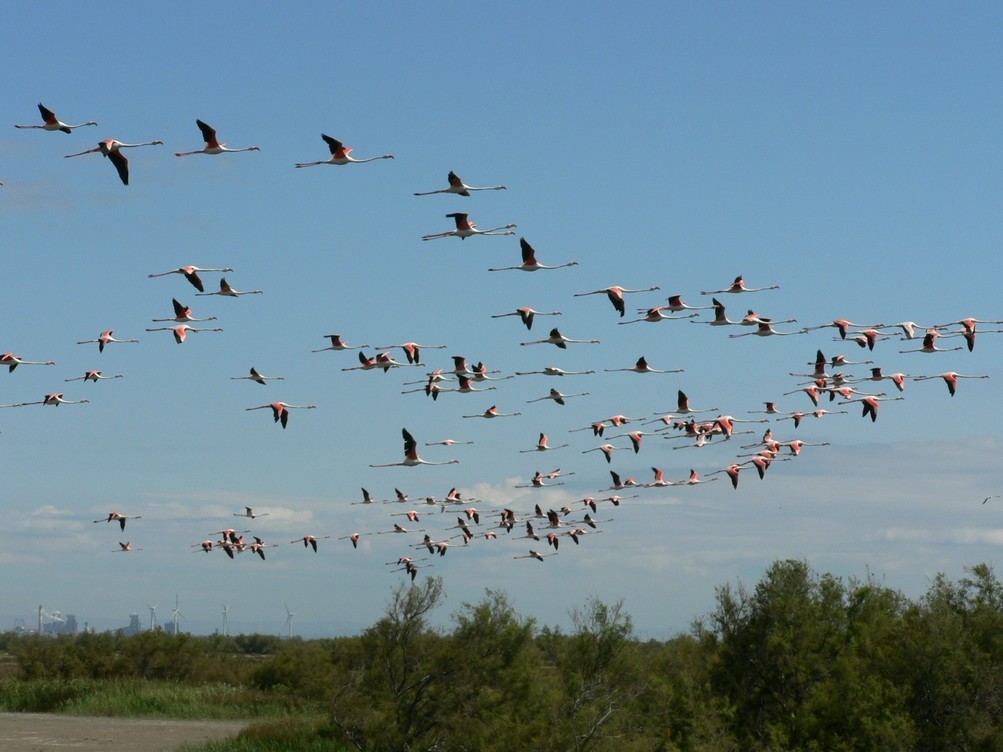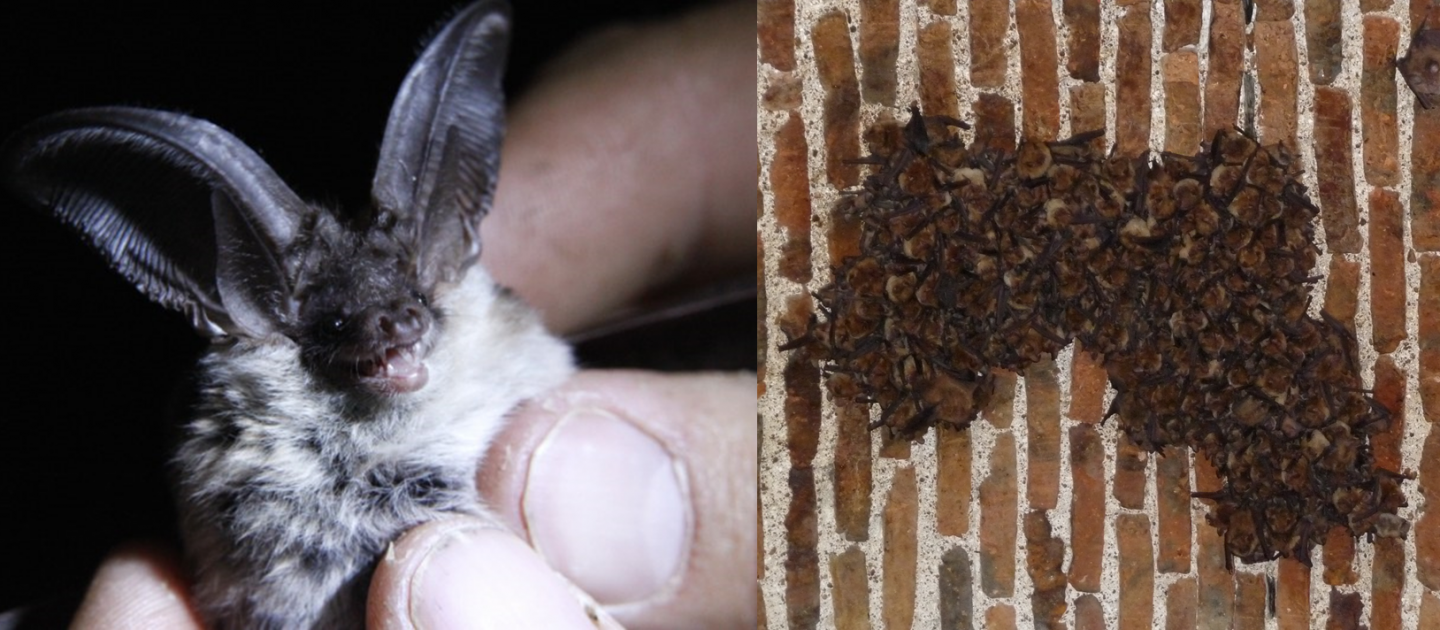Dennis Lafage relatively recently started a postdoc within the NRRV-research group at Karlstad University. Here he briefly presents his background and what he plans to do during his postdoc:
“My name is Denis Lafage. I recently started a post-doc in the NRRV group to work on aquatic/terrestrial exchanges. I started research after working 10 years in Nature Reserves and Conservation Agencies where I was specialized in terrestrial fauna monitoring and conservation (mainly birds, invertebrates, and bats), statistics, GIS and database management.
I completed my doctorate in 2014 from the Muséum National d’Histoire Naturelle de Paris (France). My PhD thesis was dealing with the impact of management practices and natural perturbations (mainly flooding) on arthropods (spiders and carabid beetles) and plants in meadows. It also included a study using remote sensing technics to map vegetation associations using satellite imagery.
I consider myself as a community ecologist with a particular focus on arthropods. In the NRRV group, I will particularly work on a meta-analysis on the landscape drivers of aquatic/terrestrial fluxes. I will mainly focus on studies using stable isotopes for diet partitioning. As I have a particular interest in what we could call ‘perturbation ecology’ I will also work on food webs after spring floods. I have also the chance to be the co-advisor of a PhD based in Norway aiming at forecasting the impact of climate change on fishing spiders repartition in Scandinavia. Finally, I will also be involved in various projects where my skills in terrestrial arthropod ecology are required.”
Read more about Denis Lafage on his blog denislafage.wordpress.com.
